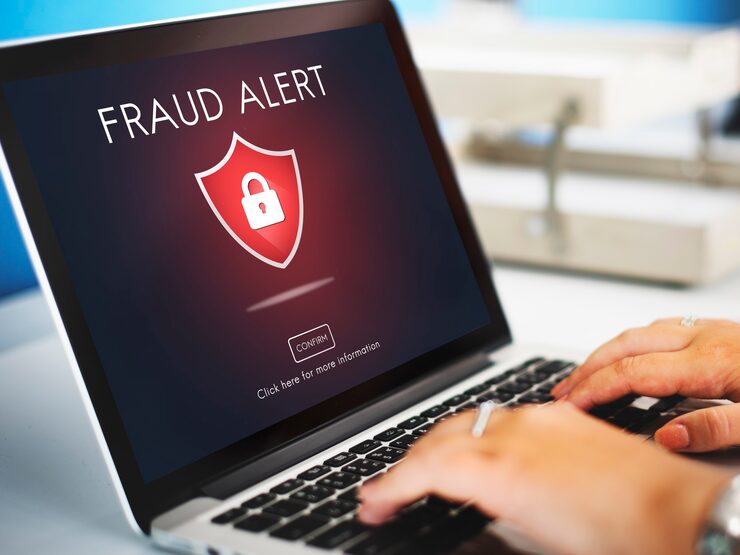In today’s digital-first world, online scams are more common than ever. From fake investment offers to phishing emails, scammers are finding new ways to trick people into giving up their personal and financial information. The good news? With awareness and a few smart habits, you can protect your money and stay safe online.
1. Use Strong, Unique Passwords
Your first line of defense against online scams is a strong password. Avoid using the same password across multiple accounts. Instead, create unique combinations of letters, numbers, and symbols for each platform. Consider using a password manager to keep track of them securely.
2. Enable Two-Factor Authentication (2FA)
Adding an extra layer of protection can go a long way. Two-factor authentication requires a second verification step, such as a text message or authentication app, before granting access. This step makes it nearly impossible for hackers to access your account—even if they have your password.

3. Be Wary of Phishing Emails and Messages
Phishing scams often look legitimate but are designed to steal your data. Always double-check the sender’s address, avoid clicking suspicious links, and never share sensitive information via email. If something seems off, contact the company directly using verified contact details.
4. Monitor Your Bank and Credit Card Statements
Regularly reviewing your statements helps you spot suspicious transactions early. Set up real-time alerts with your bank or credit card provider to stay informed about every purchase or withdrawal. This proactive habit can help you protect your money from unauthorized access.
5. Invest in Reliable Cybersecurity Tools
Protect your devices with antivirus software, firewalls, and security updates. Cybercriminals often exploit outdated systems. Keep your devices updated and use trusted cybersecurity practices to minimize your risk.

Final Thoughts
Online fraud is constantly evolving, but awareness is your greatest shield. By following these five fraud prevention strategies, you can significantly reduce your risk and keep your financial information safe. Remember — staying informed and cautious is the key to online security in 2025 and beyond.


